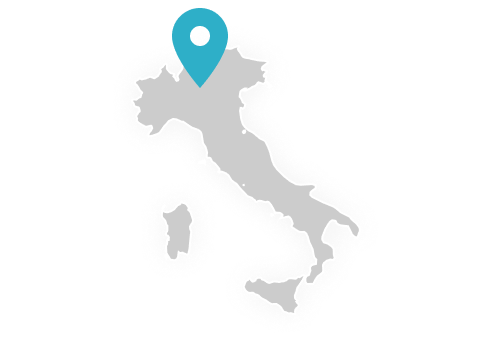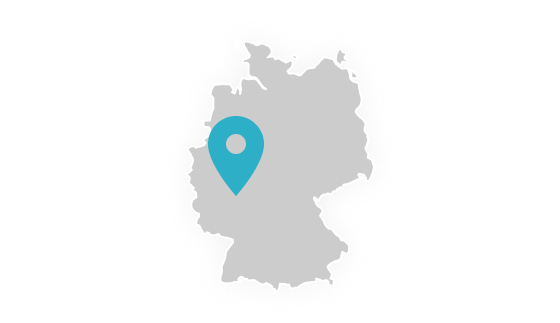Every day, another headline screams about AI and software development. We see phrases like “AI writes code,” “AI designs websites,” and the ever-present “AI replaces programmers.” The debate of AI vs developers is everywhere. It’s enough to give you a moment’s pause. We’ve all seen the incredible power of an AI coding assistant like GitHub Copilot and tools like ChatGPT, and they’re only getting better. So, do AI coding assistants replace developers?
The team at Insoftex has a definite and straightforward answer: no. But the question itself is missing the point. The real question isn’t whether AI can write code. It’s about what we’re building and why. AI isn’t replacing developers; it’s pushing us to evolve and become more valuable than ever before. We’re not just watching this evolution – we’re leading it, and we see AI as our team’s most powerful new tool. This is how AI is changing software development.

AI in Software Development: The Unstoppable Co-Pilot
Let’s start by giving AI its due. Its ability to automate and accelerate is undeniable. The benefits of AI for software developers are massive. Think of an AI coding assistant as the most effective junior developer you’ve ever worked with: it’s fast, it never complains about repetitive tasks, and it’s always ready to help.

Writing the default text: That tedious, repetitive code you have to write for every project? AI can handle it in seconds. We’re talking about setting up API endpoints, writing basic data models, and creating standard UI components. This isn’t just a time-saver; it’s a mental-energy-saver. This is one of the key benefits of AI for software developers. It frees our team from the mundane and lets them focus on what’s truly important in AI and software development.

Catching bugs before they happen: AI-powered tools for software development go beyond simple static analysis. They can understand the intent of your code and predict potential issues or security sensitivity before they become a problem. This is like having an extra QA engineer on your team who’s constantly on the lookout, providing objective and comprehensive code reviews.

Bridging the communication gap: Thanks to advances in Natural Language Programming (NLP), we’re seeing AI-powered tools for software development that can translate a non-technical request into a preliminary code structure. This is a massive benefit for the role of developers in the age of AI, as it makes the entire process more collaborative and efficient.
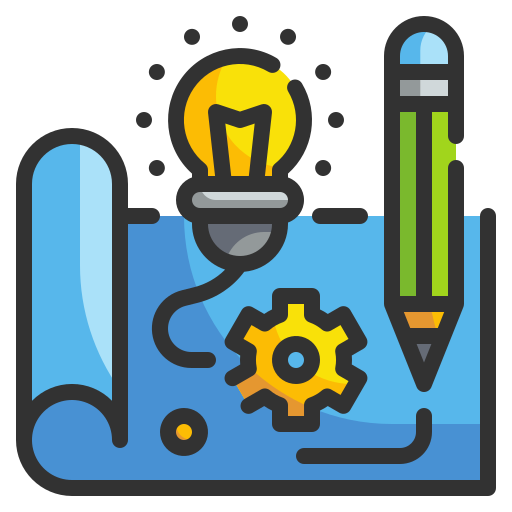
Rapid prototyping: Initial mockups that used to take weeks now only take hours. We can now use AI to generate wireframes and functional UI prototypes in a matter of hours, allowing us to test ideas with clients and get feedback almost instantly. This is a perfect example of how AI is changing software development.
This table shows just how much AI is already accelerating our work:
| Task | Typical Time (Human) | Potential with AI | Estimated Time Saved |
| Writing Repetitive Code | Hours | Minutes | Up to 90% |
| Basic Bug Detection | Hours | Seconds | Up to 95% |
| Creating Documentation | Days | Hours | Up to 70% |
| Building UI Prototypes | Days | Hours | Up to 80% |
Why Human Developers Are Still Needed
So, if AI and software development are so intertwined, what’s left for us? The answer is everything that makes software truly great. AI is a fantastic tool, but it lacks the core human skills that define real innovation. AI gives us the bricks, but a developer is the architect, the plumber, the city planner, and the visionary all rolled into one. This is why human developers are still needed.

Understanding the “Why”: A client doesn’t just want a “web application.” They want to solve a specific business problem. They need to increase revenue, improve customer satisfaction, or streamline internal processes. An AI can’t sit in a discovery meeting, read the room, ask insightful questions, and understand the nuanced business goals and strategic vision. That’s a fundamentally human skill. This is the critical role of developers in the age of AI. A developer is a translator, converting a client’s vision into a concrete, technical reality.
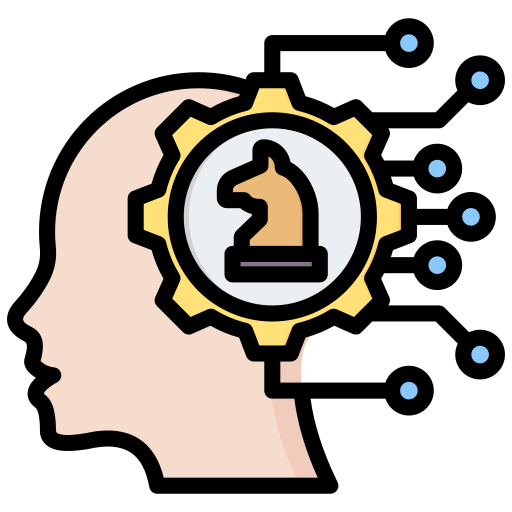
Thinking critically and strategically: The debate of AI vs developers often overlooks this point. AI is a pattern-matcher. It can’t design a system for scale, anticipate future user needs, or make the tough architectural trade-offs between performance and cost. A senior developer has the foresight to build a system that can handle millions of users next year, even if the current user base is small. This kind of high-level, strategic thinking and architectural design is beyond AI’s current capabilities. This is what makes AI in software engineering so exciting – the collaboration between human and machine.

Navigating the unknown: Real-world problems are messy. Requirements are often incomplete, ambiguous, and constantly changing. AI struggles with this ambiguity. Human developers, however, thrive on it. We make creative judgment calls, find innovative workarounds, and solve problems that have no predefined solution. This is the heart of true AI in software engineering.
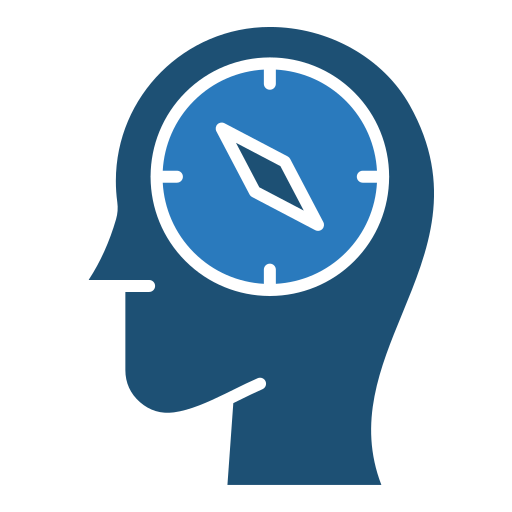
The ethical compass: As we build more intelligent systems, the moral questions become more complex. How do we ensure our AI models are unbiased? How do we protect user data? Who is responsible when an AI makes a mistake? These are not technical problems; they are human and ethical dilemmas that require a human conscience. This is a critical part of the role of developers in the age of AI.
Insoftex: Our Team, Our Vision
At Insoftex, we’ve integrated AI and software development not to replace our developers, but to empower them. We see it as a force multiplier, allowing our team to focus on the truly impactful work.
- AI-Assisted code generation: By using an AI coding assistant to handle repetitive code, our developers have seen a 75% increase in development speed on key projects. This is a clear example of the benefits of AI for software developers.
- AI-Driven quality control: Our AI-powered tools for software development have reduced critical bugs by 40% in our projects, leading to more stable and reliable applications for our clients.
- Performance optimization with Machine Learning: For a recent e-commerce client, we used machine learning to analyze user behavior and optimize the application’s performance, resulting in a 20% increase in checkout speed – a direct impact on their bottom line.
The Developer of Tomorrow: A Hybrid Professional
The developer of the future will be less of a “code monkey” and more of a hybrid professional, serving as an architect, strategist, and creative problem-solver. They will wield AI and software development skills as a powerful tool, not as a replacement for their skills. The most valued competencies will shift, requiring a deep understanding of how to use and interact with AI effectively – a skill often called AI fluency. This new role will demand strong systems thinking, enabling them to design and integrate complex, scalable systems that can handle real-world demands. This is the exciting future of software developers.
Beyond technical ability, success will depend on a developer’s domain expertise and creative ingenuity. Understanding the specific industry they are building for will become a key differentiator, allowing them to translate business needs into technical reality in ways AI cannot. Ultimately, the human element of finding novel solutions and pushing creative boundaries will remain paramount, as the future of software developers uses AI to offload the mundane and focus on the truly innovative work. This is why human developers are still needed.
Conclusion
Forget the fear that AI is coming for your job. The truth is much more exciting! AI is a huge opportunity, not a threat. It’s helping us all become better, more creative thinkers by taking over the tedious, repetitive tasks. This frees us up to focus on the gratifying and challenging work that only a human can do. At Insoftex, we believe the best software is built when brilliant people and brilliant AI work together. This is the true story of AI vs developers in the modern world.
Ready to partner with a team that understands the power of AI and the irreplaceable value of human expertise?


